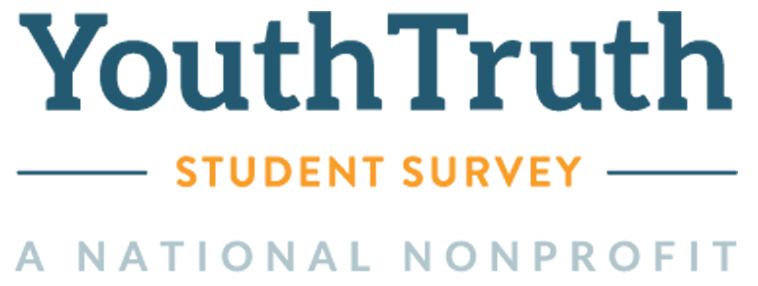By Javeria Salman, The Hechinger Report
Several times a week, Ericka Santiago-Diaz can be found driving around her low-income, underserved school community in New Jersey’s Asbury Park with bags of school supplies, replacement technology, food and donated clothing in the back seat to deliver to students.
At some homes, she translates school emails into Spanish and answers technical questions. Then she gets down to what has become the meat of her job as a school social worker at College Achieve Greater Asbury Park Charter School: making sure her students and their families are coping with the multiple stresses of the pandemic.
“We do counseling in school, but sometimes the student needs a little bit more than that school counseling,” Santiago-Diaz said.
That’s why, even though half the school’s students still learn remotely, Santiago-Diaz and two other social workers, along with the two school resource officers, spend half their work day doing in-person home visits. Before heading out, they call families to see what supplies are needed, including supplies like papers, pencils and crayons, back-up Chromebook chargers or food and warm clothing for kids. In school-provided gloves and masks, they try to meet students and parents outside on front porches or at a neighborhood park to follow social distancing rules.
Prior to the pandemic, the school had one full-time social worker on staff, said Jodi McInerney, the charter school’s executive director and principal. While the school had planned to hire a second, the onset of the coronavirus pandemic made it clear that students, many of whom already faced stressors like poverty and gang violence, needed more help. At College Achieve Asbury, the majority of the students are Black or Hispanic and over 90 percent qualify for free and reduced-price lunch. The school also has a significant number of English language learners and students in special education.
“Sometimes the student needs a little bit more than that school counseling.”
Ericka Santiago-Diaz, school social worker
“This year, we felt that is was even more critical,” she said. “We really increased our services when Covid started in March.”
The unprecedented events of the past year have taken a toll on the mental health and well-being of students of every age. Isolated from their friends and teachers, many students cited “feeling depressed, stressed, or anxious” as the number one obstacle to learning, according to a new survey by YouthTruth, a national nonprofit that focuses on student voices in education. Distractions at home, family responsibilities and worries about their health and that of their families were the other two big obstacles. Hispanic or Latinx, Black, African American and multiracial students, on average, reported dealing with more obstacles than white or Asian students.

